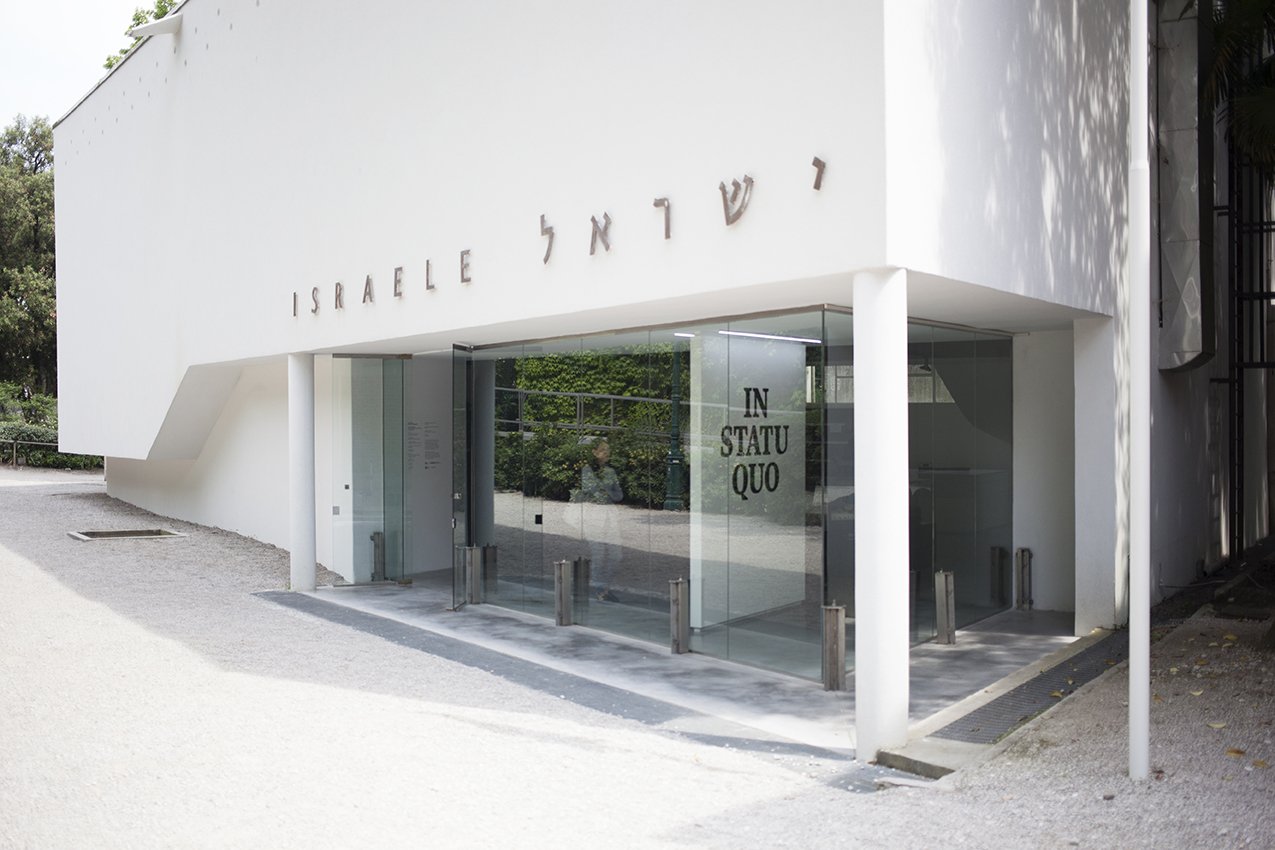News
Petition Calls for Venice Biennale to Bar Israel Pavilion


More than 9,000 artists, curators, writers, and cultural workers have signed an open letter calling for the Venice Biennale to prohibit Israel from participating in the upcoming 60th edition, which opens in mid-April. Calling themselves ANGA (Art Not Genocide Alliance), the petition’s signatories write: “Platforming art representing a state engaged in ongoing atrocities against Palestinians in Gaza is unacceptable.” ANGA accuse the Venice Biennale of having a “double standard” after the Biennale publicly condemned Russia’s military aggression in 2022 and barred any representatives of the Russian government.
Among the more than 9,000 signatories to date are high-profile voices for the Palestinian cause including South African artist Adam Broomberg, who is leading an official collateral exhibition at the Biennale by the Artists and Allies of Hebron, and artists such as Nan Goldin, Mike Parr, and Michael Rakowitz. Joining the list are musician Brian Eno, author Tariq Ali, along with numerous Palestinian artists including Larissa Sansour, who represented Denmark at the 2019 Biennale, and Noor Abuarafeh, who was featured in the 2022 edition.
The open letter notes that the Biennale has a historical precedent: it officially prohibited South Africa from participating from 1968 to 1993 until its apartheid regime was abolished. ANGA further criticize the continuation of work on the Israel Pavilion, which artist Ruth Patir plans to convert into a “Fertility Pavilion” to reflect on issues of motherhood. The letter notes that more than 12,000 Palestinian children have been killed in Gaza since Hamas’s October 7 attacks and much of Gaza’s health infrastructure has been destroyed or badly damaged leading to desperate medical circumstances for women giving birth or as new mothers.
While the Biennale has remained silent over the war in Gaza, the Italian government has been divided between prime minister Giorgia Meloni’s support for Israel and a two-state solution and the opposition parties’ motions for a ceasefire. The Biennale rejected the application of the Palestine Museum US for a pavilion but it will organize its own exhibition, “Foreigners in Their Homeland,” in parallel to the Biennale at the Palazzo Mora.
Numerous cultural events in Europe since October have faced protests and resignations by Israeli and Palestinian participants and supporters. The recent Berlinale (February 15–25) film festival was marked by filmmakers withdrawing their submissions, petitions, and protests at public events and on social media. As the largest contemporary art festival in the world with its many national representatives, the Venice Biennale faces the likelihood of many similar actions, protests, and disruptions.
HG Masters is deputy editor and deputy publisher of ArtAsiaPacific.







